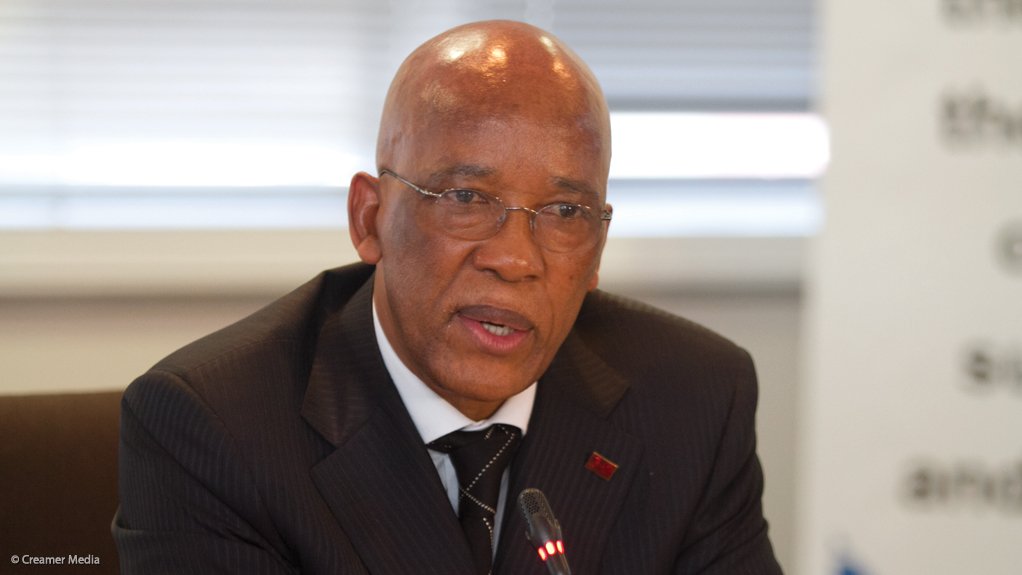South African Minister of Energy Dikobe Ben Martins has stated that the government has a major long-term objective in the nuclear sector: "to be self-sufficient in all aspects of the nuclear chain". (The entire nuclear chain includes uranium mining, enrichment, nuclear fuel manufacture as well as the construction, operation and decommissioning of nuclear power plants.) Martin was delivering the keynote address at the Nuclear Africa 2014 conference in Midrand (between Johannesburg and Pretoria) on Tuesday.
Speaking to the assembled delegates, the Minister pointed out that, in his State of the Nation Address on February 13 this year, President Jacob Zuma had reaffirmed the procurement of 9 600 MW of new nuclear power. This formed part of the Integrated Resource Plan (IRP) 2010, adopted by the Cabinet in 2011. "The government will announce specific details of the nuclear build programme once all our consultations are finalised," stated Martins.
Significant progress has been made in implementing the IRP 2010, which also covers coal, renewable (solar and wind) energy and hydroelectricity. Martins particularly cited the success of the Renewable Independent Power Producers Procurement Programme. This showed that "South Africa has the capacity to undertake mega projects". The renewables programme had "contributed directly to foreign investment in the South African economy. We expect this to continue."
"The Department of Energy and other sister departments and stakeholders are working in order to finalise the procurement framework of our nuclear programme," he assured. "Once this is done, we expect industry to take advantage of the opportunities throughout the nuclear value chain." He urged industry to develop local nuclear skills and research and development. "Localisation will result in opportunities for local industry."
South African government departments and agencies have undertaken visits to China, Japan, (South) Korea, Russia and the US, to study their civil nuclear energy programmes. "A number of these countries have proposals for partnerships in developing nuclear energy skills," reported Martins. These partnerships would particularly focus on South African undergraduates and graduates. "There is also a willingness to provide training to highly skilled individuals in the nuclear sector."
He called on international companies to develop connections with their local counterparts. This would ensure "that, when the [nuclear] roll-out is announced and commences, there will be vibrant partnerships between South Africans and international role-players". The government believed that the future nuclear programme would "significantly contribute" to the country's economic development.
EMAIL THIS ARTICLE SAVE THIS ARTICLE
To subscribe email subscriptions@creamermedia.co.za or click here
To advertise email advertising@creamermedia.co.za or click here











